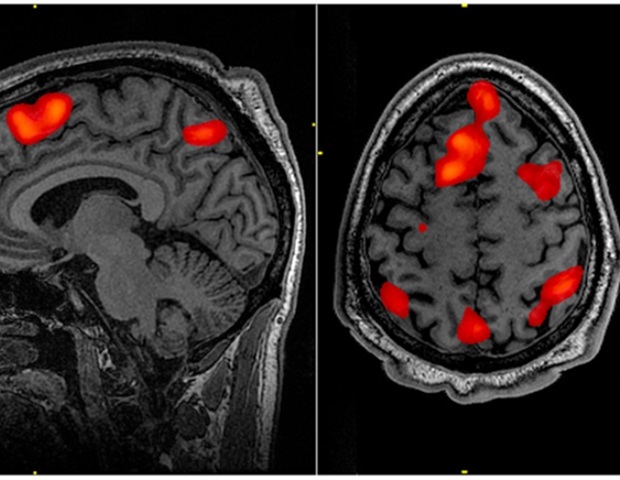Conduct disorder (CD) is a common yet complex psychiatric disorder featuring aggressive and destructive behavior. Factors contributing to the development of CD span biological, psychological, and social domains. Researchers have identified a myriad of risk factors that could help predict CD, but they are often considered in isolation. Now, a new study uses a machine-learning approach for the first time to assess risk factors across all three domains in combination and predict later development of CD with high accuracy.
The study appears in Biological Psychiatry: Cognitive Neuroscience and Neuroimaging, published by Elsevier.
The researchers used baseline data from over 2,300 children aged 9 to 10 enrolled in the Adolescent Brain Cognitive Development (ABCD) Study, a longitudinal study following the biopsychosocial development of children. The researchers “trained” their machine-learning model using previously identified risk factors from across multiple biopsychosocial domains. For example, measures included brain imaging (biological), cognitive abilities (psychological), and family characteristics (social). The model correctly predicted the development of CD two years later with over 90% accuracy.
These striking results using task-based functional MRI to investigate the function of the reward system suggest that risk for later depression in children of depressed mothers may depend more on mothers’ responses to their children’s emotional behavior than on the mother’s mood per se.”
Cameron Carter, MD, Editor of Biological Psychiatry: Cognitive Neuroscience and Neuroimaging
The ability to accurately predict who might develop CD would aid researchers and healthcare workers in designing interventions for at-risk youth with the potential to minimize or even prevent the harmful effects of CD on children and their families.
“Findings from our study highlight the added value of combining neural, social, and psychological factors to predict conduct disorder, a burdensome psychiatric problem in youth,” said senior author Arielle Baskin-Sommers, PhD at Yale University, New Haven, CT, USA. “These findings offer promise for developing more precise identification and intervention approaches that consider the multiple factors that contribute to this disorder. They also highlight the utility of leveraging large, open-access datasets, such as ABCD, that collect measures about the individual across levels of analysis.”
Chan, L., et al. (2022) Classifying Conduct Disorder using a biopsychosocial model and machine learning method. Biological Psychiatry: Cognitive Neuroscience and Neuroimaging. doi.org/10.1016/j.bpsc.2022.02.004.
